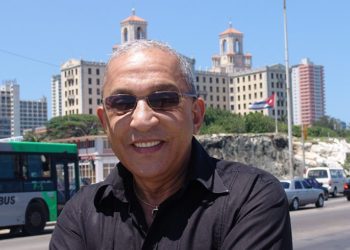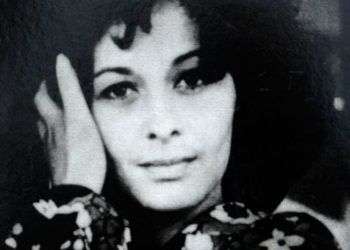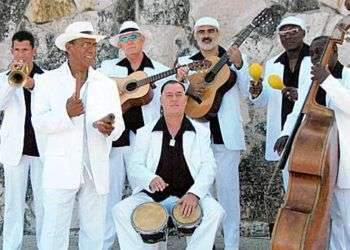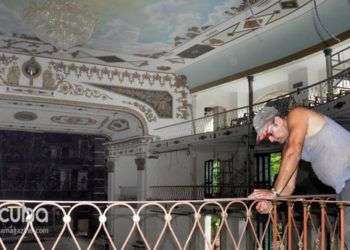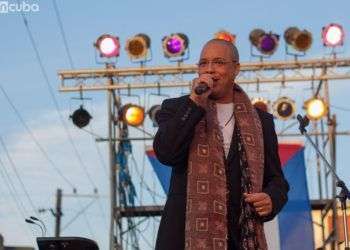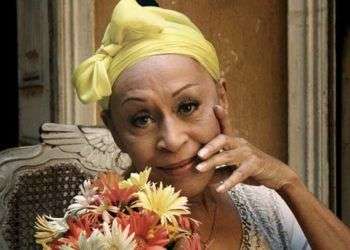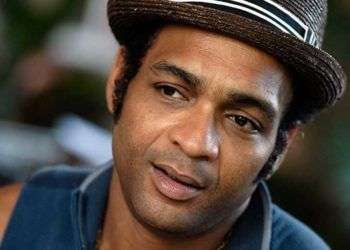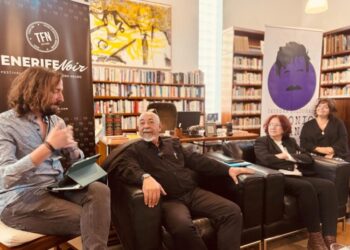Cuba´s Juan
“Aunty, I’m at Casa de la Música. They stopped the concert. Elito (Revé) said that Formell has died. The musicians and everyone are crying. I can’t believe it.” That was how I found out, through a text message. Then came the mourning and the tributes, but I still feel like he’ll break the silence behind which he sometimes hid the rough patches in his life. Then I imagine him ready to answer those questions that I never got to ask. Juan Formell was always a gentleman, even amid the stress of a concert. He demonstrated that a number of times: at the Concert for Peace, at La Tropical…. Once, during the closing ceremony of a Benny Moré Festival in the largest plaza of Cienfuegos, I saw him being harassed by some transvestite fans of Los Van Van: “Maestro, call us up to the stage,” Lázaro, the most uninhibited of the group, kept calling out to him. “I can’t do that,” Formell answered calmly. “It’s too small; keep enjoying yourselves there in the front row,” he said, laughing happily. He walked among us as a simple mortal, even though part of him was more than that. Even after he was...


